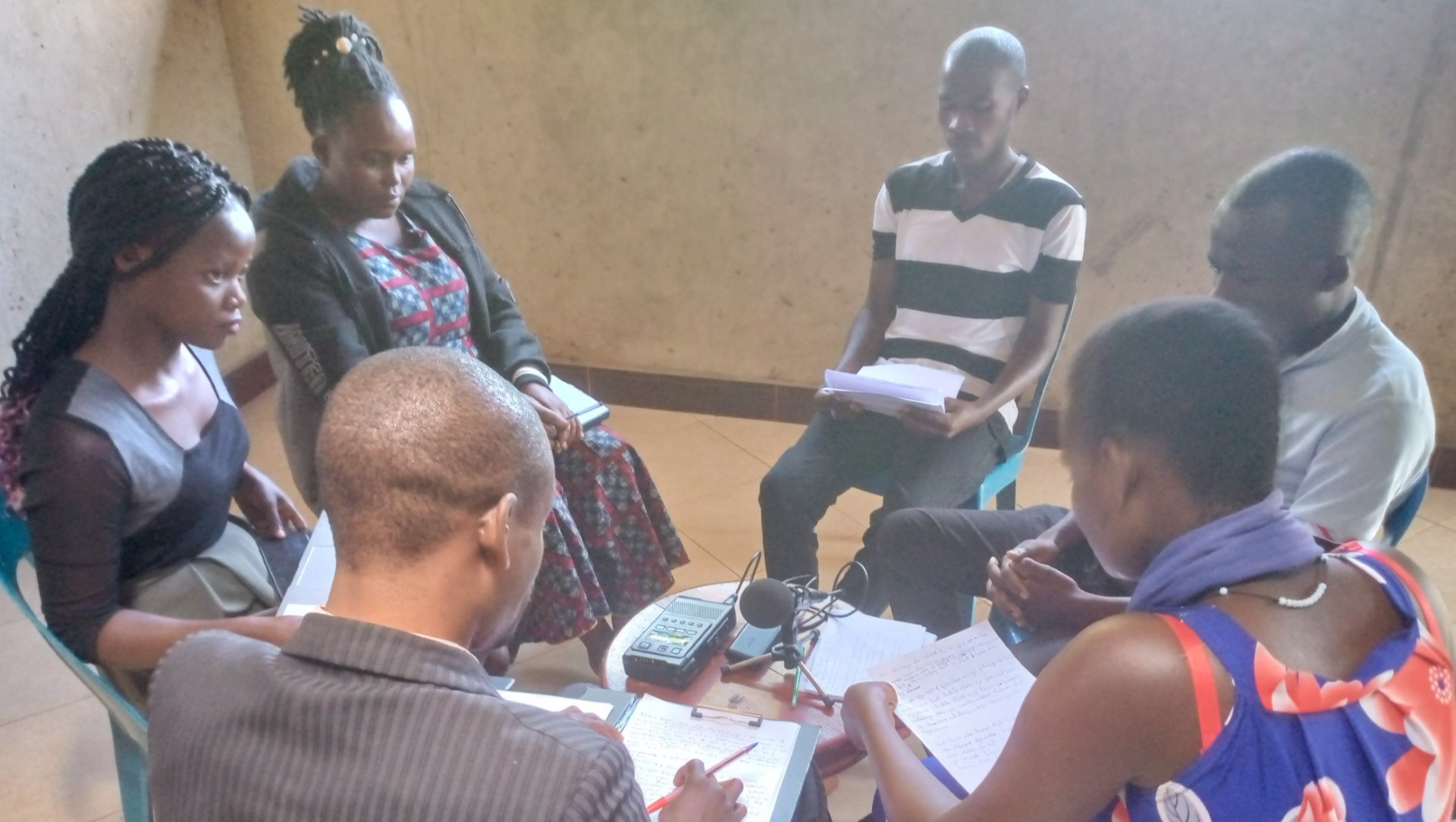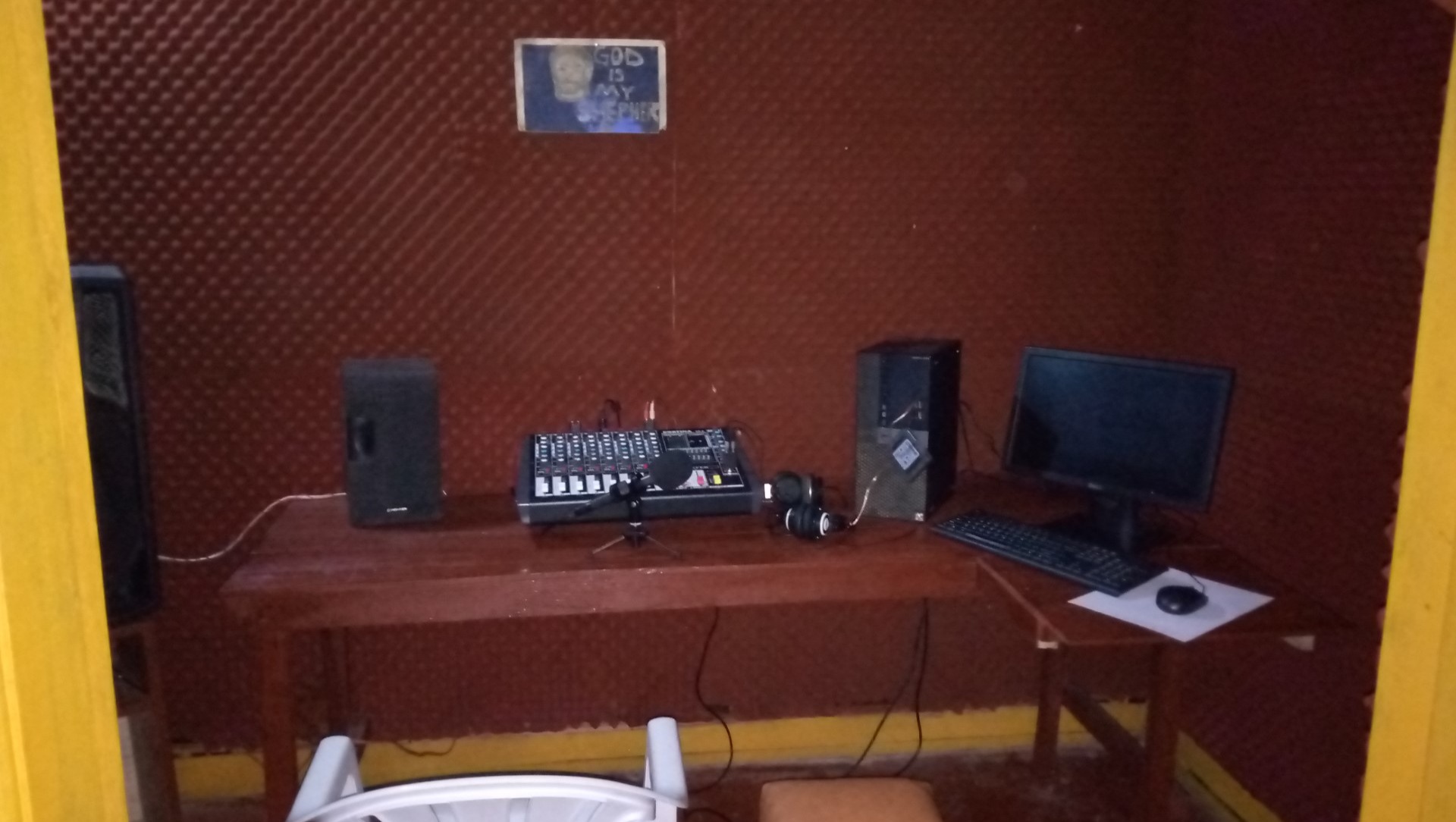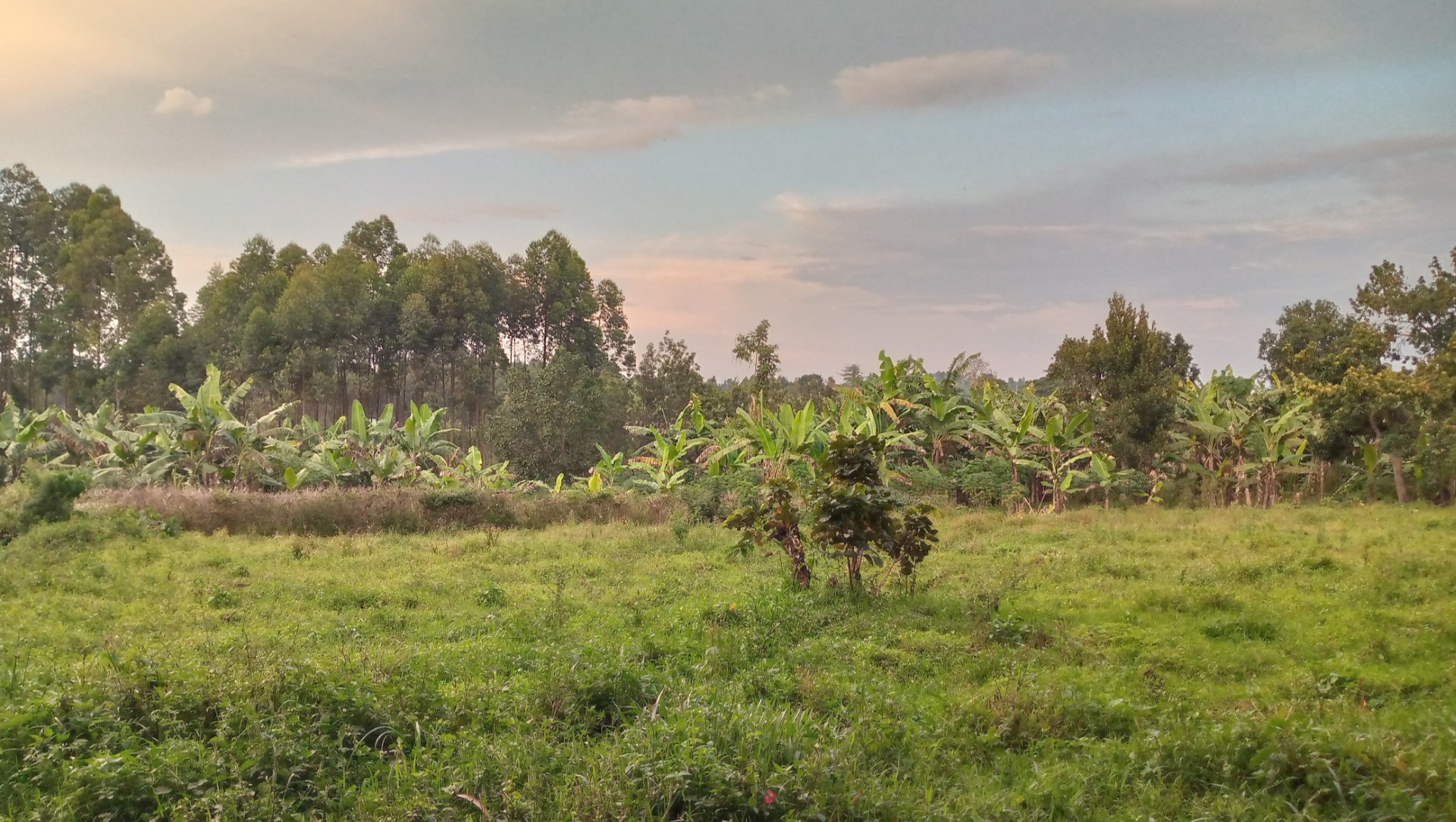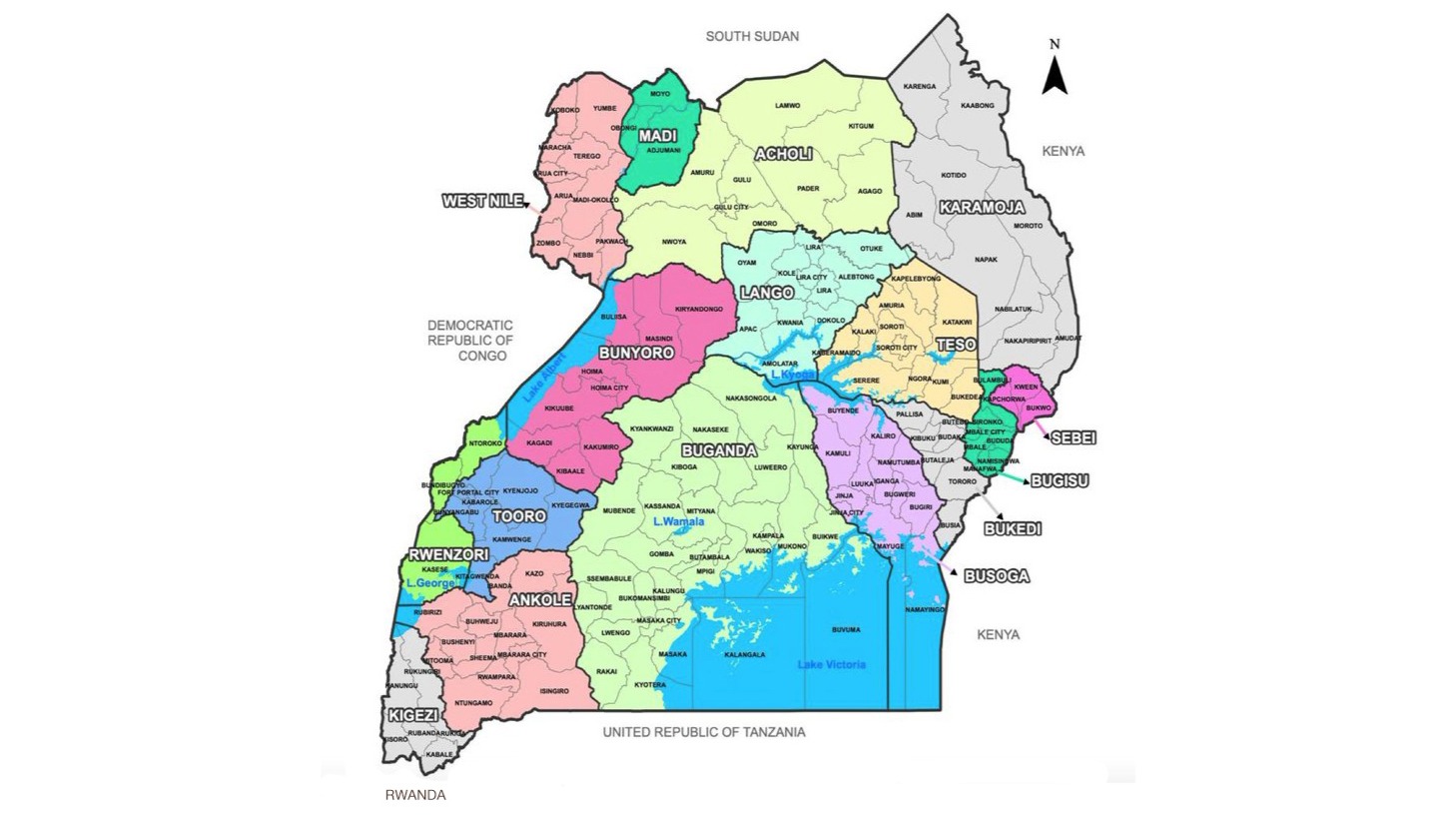
Educating Media Professionals in Uganda's Western Region
Donation protected
Journalists face special challenges in Uganda. According to Reporters Without Borders, Uganda ranked 134th in press freedom in 2025 out of 180 nations it monitors, down from 128th in 2024. The RSF website states: "Journalists in Uganda face intimidation and violence on a nearly daily basis. They are regularly targeted by the security services, the leading perpetrators of attacks against reporters in the country."
Often these challenges are met by dedicated people with little or no training in the essentials of investigation, writing and reporting. This fundraiser is in support of an effort to train these people in the western Rwenzori region of Uganda.
I'm Michel O'Donnell, associate professor emeritus of journalism at the University of St. Thomas in St. Paul, Minnesota. In 2019, I met an outstanding young journalist from Uganda, Martin Kibaba, a fellow of the World Press Institute on our campus.
Since then, Martin has returned to Uganda to further the cause of journalism by training local media people through his organization, the Rwenzori Media Development Foundation . I helped Martin write grants to organizations such as UNESCO and USAID, money used to hold workshops for media professionals on investigative journalism, environmental reporting and reporting on women's issues. This fund-raising effort is aimed at equipping the RMDF school with the basic tools to teach written and electronic journalism.
FULFILLING A NEED
The Rwenzori Media Development Foundation opened its journalism school in 2021 out of the desire to address the problem of unprofessional media practitioners at most radio and television stations in the region. A study RMDF conducted in 2018 found that 70% of workers at the region's radio and television stations had no formal training in journalism. Most had completed Senior 4 or Senior 6 levels in school but operated as professional news reporters, editors, producers, directors of programs, managers, presenters, and show hosts.

Some of these people told the RMDF that they could not afford tuition at university, while others did not have the required grades or had dropped out of school. The study found that the only “qualification” these media practitioners possessed was passion and talent.
Because of this, in 2021 the RMDF established the RMDF School of Journalism. It would offer such media practitioners training in basic broadcasting skills and basic principles of journalism to help them become better at their jobs. The one-year residential course is more practical than theoretical. It targets mid-career journalists and other young people who intend to join the media. The course exposes journalists to 12 months of intense training in news reporting and writing, editing, news anchoring, radio and TV presentation, production, media management and basic ICT skills.
THE CHALLENGES:
- Training space: We have only two tiny lecture rooms that can accommodate only a few people.
- Lack of a professional recording and podcasting studio: Our training is more practical than theoretical, but our tiny recording and podcasting studio cannot accommodate more than two people . This makes learning difficult as students must learn in shifts.

- Lack of a research and resource room, and a library: Because journalists need to read widely and do research, a school of journalism must have in place a well-stocked library, and a research and resource room with unlimited internet access. This year with support from friends of the RMDF, it secured funds to build a spacious research and resource room and a room for a library. The school still lacks furniture and enough computers and books to get the resource rooms ready and available for students. The American Embassy in Uganda donated 45 books, and I have personally donated eight desktop computers, six audio recorder, six flash drives, a projector and other office supplies including student notebooks and pens.
- Student accommodation: Because the school lacks hostels, its students rent in trading centers, areas that are not safe for them. In July 2024, one of the students was attacked on his way home after a late-night podcasting session. Another female student was saved by her neighbors when thugs attempted to break into her room. Renting outside of the school has proved unsafe for our students, necessitating us to build hostels within the school premises. To this effect, RMDF in October purchased half an acre of land near the school on which we plan to build two hostels, one for the males and another for the females. Also in 2024, RMDF purchased a plot of land from one of our neighbors on which we intend to construct one lecture room and a professional recording and podcasting studio.

THE GOAL: $300,000 USD
You can see a tentative budget at my LinkedIn page. The equipment listed are for example only.
The RMDF school needs funds to purchase furniture and more desktop computers for its research and resource room. The school also seeks to stock its library with about 1,000 books.
The school will use the resources to build two lecture rooms and two recording/podcasting studios (Radio and Television). We need resources to purchase equipment for the two studios. The school also needs resources to complete two hostels for student accommodation.
ABOUT THE RMDF
Rwenzori Media Development Foundation (RMDF-Uganda) is a registered, non-profit organization founded in 2009 by a group of journalists. It is dedicated to promoting and developing community media in rural Uganda. The foundation works in the areas of media development, access to information, transparency and accountability, and peace building.
Its goal is to promote, encourage and improve the quality and openness of journalism in the western Uganda region.
RMDF has well-functioning governance and management structures with five members of the board of directors elected on two-year terms during annual general meetings. The board meets regularly, led by its chairperson. The executive director serves as secretary and reports to the board on progress of the secretariat.
The secretariat consists of the director of programs, the director of research communication and advocacy, the chief financial officer, the program manager for media capacity building and training, and the monitoring and evaluation officer, among others.
With 16 regular staff members who are mostly seasoned journalists, RMDF has a clear segregation of duties and roles, ensuring that optimal programmatic and financial decisions are professional and timely.
RMDF has an average annual income of $45,000 mostly from partner donations and institutional sustainability projects such as the RMDF School of Media and Communication Studies, and publication sales.
Since inception, RMDF interventions have positively affected about 33 community radio stations, and more than 200 journalists and media practitioners across the region, supported by grants from UNESCO and other international organizations.

THE REGION
The Rwenzori region is situated in mid-Western Uganda bordering the Democratic Republic of Congo. The region is composed of the Fort Portal Tourism City and eight districts: Kasese, Bundibugyo, Kabarole, Kyenjojo, Ntoroko, Kyegegwa, Bunyangabu, and Kamwenge. It is a post-insurgency area that receives a large number of refugees from the troubled DRC.
The Rwenzori region has one of Uganda’s most fragile ecosystems that includes national parks such as Queen Elizabeth, Semuliki, Kibaale, and Rwenzori Mountains Park, as well as rivers, lakes, forests and the Rwenzori mountain range. The Rwenzori region is home to Fort Portal, dubbed the Tourism City; and Kasese, the Mount Rwenzori expedition town.
Organizer
Michael O'Donnell
Organizer
St. Paul, MN